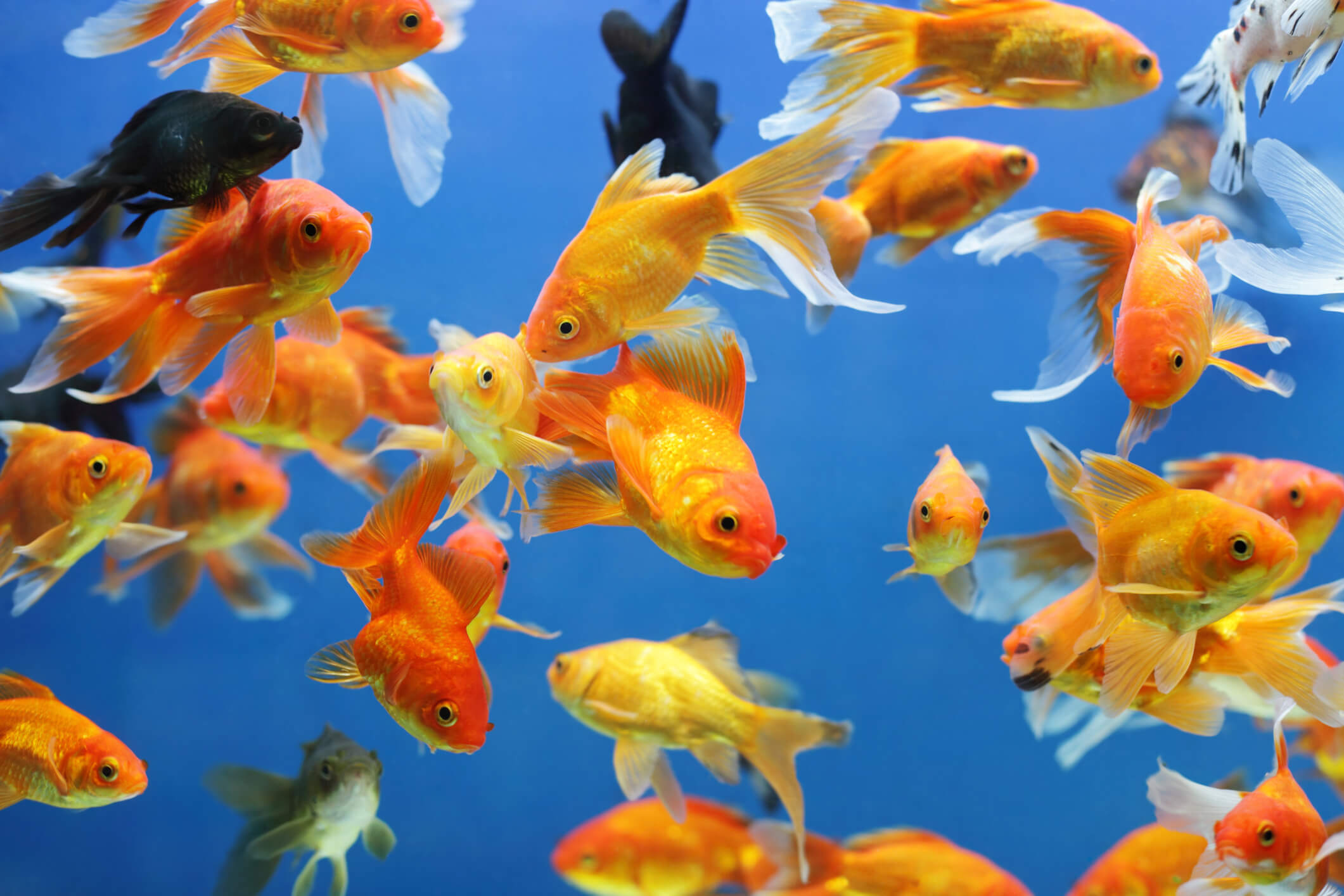AU Rising Star’s research focuses on improving human health
Beginning with a Bachelor of Science from Athabasca University (AU), Dr. Michael Country’s academic work has propelled him to international attention
Dr. Michael Country (Bachelor of Science ’14) remembers sleeping on friends’ couches and paying for one AU course at a time, reading his university textbooks while walking to or from one of his jobs.
Fifteen years later, the 2023 AU Rising Star Award recipient is a postdoctoral fellow with the Laboratory for Hibernation Biology at RIKEN, Japan’s largest comprehensive research institution. And with his experience, which includes cutting-edge research and more than a dozen academic publications, his future looks bright.
“The only reason I’m in academia at all—the only reason I’m a scientist—is because of Athabasca University,” he said.
But Country wasn’t always where he is today, researching questions with major implications for human health and longevity—like how goldfish neurons can survive without oxygen, or how to induce a hibernation-like state in mammals.
Open, flexible learning at AU
Country said his educational inspiration really began with AU. He left home when he was young, which meant sleeping on friends’ couches when he could, and sometimes on the street when he couldn’t.
He started taking courses at AU before he finished high school, thanks to the AU’s flexible open admission for undergraduate degrees. With an unstable situation, he couldn’t commit to paying all at once for a traditional bricks-and-mortar school, and couldn’t commit to a regular school schedule.
“I didn’t have a ton of resources available, so I had to work full time while I was going to university,” he said, “I paid for every course as I got the money. I worked various full-time jobs and went to school on the side.”
Country didn’t take a straightforward path in completing his degree. His interests have always been varied, and a science degree wasn’t his first choice.
He studied topics that interested him, changing his planned major several times from business to English then psychology. He settled on the Bachelor of Science in Human Sciences, which has since been renamed the Bachelor of Science in Biological Sciences.
The inspiration to pursue sciences came, in part, from a colleague when he was working in the fish section of a pet store. In between reading textbooks on his way to and from work, Country was getting hands-on training with some of the more technical aspects of keeping fish as pets. He also learned about things like physiology and habitat along the way.
The only reason I’m in academia at all—the only reason I’m a scientist—is because of Athabasca University. Dr. Michael Country (Bachelor of Science '14)
Athabasca University degree prepares students for graduate school
It took Country 10 years to earn his bachelor of science degree, but his perseverance paid off. Shortly thereafter he began graduate studies at the University of Ottawa, and completed a PhD in biology in 2020.
He said while the flexible and self-directed format of online learning at AU may not be the right fit for everyone, it worked for him. It helped him to develop the work and study habits that he would need to succeed—not just in his undergraduate program, but beyond that.
Country added he noticed a stark difference between him and some of his friends and peers who were studying similar subjects at traditional schools. His friends might not have ever even opened the textbook, relying instead on lectures and summary sheets provided to them.
“Athabasca University made me read more, and that prepared me for graduate school. It’s the exact same thing I did in grad school later on and is a lot more like real life than traditional universities,” he said. “I quickly learned to sink or swim, and that was entirely because of Athabasca. And I’ve just moved up from there.”

AU alum’s PhD research well received
Country’s PhD research is in some ways an extension of the experiences he had taking care of fish at the pet store so many years ago—but taken to the next level and even beyond.
His thesis focused on how goldfish and other fish species can survive relatively long periods without oxygen. This can be observed in domestic fish living in small bowls, and with wild fish that survive the winter in a frozen lake, where the thick ice layer prevents air from entering and leaves fish without oxygen.
“They’re not breathing that whole time, but somehow all these fish can survive,” he said. “We wanted to look at them and see what they could do so maybe we could copy it for humans.”
Although this has been observed, little was known about how goldfish are able to do this. Country’s research helps answer this question. Looking specifically at metabolism in a goldfish retina, which is part of the eye, he determined that goldfish are actually able to control basic processes like metabolism at the cellular level. The mitochondria, and important part of all cells, serves in goldfish as a kind of a low-oxygen alarm for the organism.
Several chapters of his thesis have been published in peer-reviewed academic journals, in some cases before his PhD had even been completed. One of the papers about retinal metabolism was so well-received in the academic community, it has already been cited more than 150 times by other researchers.
“The most common medical conditions that cause blindness in developed countries have to do with metabolism in the eye,” Country said. This includes diabetes, macular degeneration, and glaucoma.
“If we can understand better how the metabolism works in the retina, we might be able to come up with some strategies to help people with those conditions.”
From AU undergraduate to prestigious post-doctoral work
With a PhD in biology under his belt, Country was able to earn a prestigious post-doctoral position at RIKEN.
In this role, he continued with research work that has major implications for human health: exploring how to induce a hibernation-like state in mammals that don’t hibernate naturally.
Specifically, the team he works with has successfully recreated something like hibernation in mice—their body temperature drops along with their metabolism, reducing the amount of energy the mice need to survive.
Country said the fact this is possible means it may one day be possible to create a device that could immediately induce a hibernation-like state in humans, similar to the way an EpiPen is used to save people during severe allergic reactions.
In this way, perhaps somebody with a condition that leads to loss of oxygen to any part of the body—a stroke for example—could have much more time between suffering a traumatic incident and needing medical intervention.
“If you could quickly jab someone with this kind of ‘SleepiPen,’ and induce hibernation, maybe they would need less energy in those cells so those cells would be less likely to die,” he said. “We’re a long way from that, but that’s the goal, to be able to induce hibernation at will.”
This work could also mean that transplant organs could survive longer outside the body, potentially increasing the supply of viable organs for transplant. It could even have environmental impacts, for example by increasing the shelf life of meat and reducing spoilage.

AU alumni award winner’s future is open
Country has accomplished a great deal already, and the Rising Star Award winner’s potential is evident.
As he nears the end of his post-doctoral position with RIKEN, he’s already looking at options for his next steps, and keeping an open mind—positions in academic and industry are equally appealing to him.
One of these options is to continue the work he began with his PhD about retinal metabolism, specifically looking at ways to apply that work to human health.
But while he clearly is making significant contributions to academia at this point, Country said he owes it all to Athabasca University.